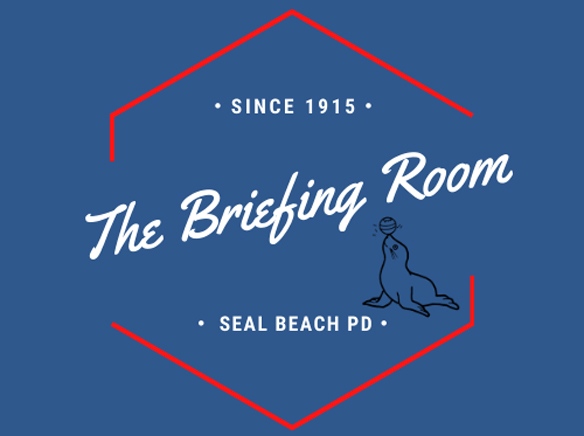Hi Seal Beach!
It’s that time of the year again. Tax season is upon us. Because of this, we thought it would be a good time to remind the community about common tax scams.
According to the IRS, tax season is also busy season for savvy criminals. Scammers impersonating the IRS either over-the-phone, by email or in-person can steal money from people. All taxpayers should stay vigilant against these schemes.
Here are some tips to help people recognize and avoid tax-related scams:
Email phishing scams
The IRS does not initiate contact with taxpayers by email to request personal or financial information. Generally, the IRS first mails a paper bill to a person who owes taxes. In some special situations, the IRS will call or come to a home or business.
Taxpayers should report IRS, Treasury or tax-related suspicious online or email phishing scams to phishing@irs.gov. They should not open any attachments, click on any links, reply to the sender, or take any other actions that could put them at risk.
Phone scams
The IRS generally first mails a bill to a taxpayer who owes taxes. There are specific ways to pay taxes. The agency and its authorized private collection agencies will not:
• Leave pre-recorded, urgent, or threatening messages on an answering system.
• Threaten to immediately bring in local police or other law enforcement groups to arrest the taxpayer for not paying, deport them or revoke their licenses.
• Call to demand immediate payment with a prepaid debit card, gift card or wire transfer.
• Ask for checks to third parties.
• Demand payment without giving the taxpayer an opportunity to question or appeal the amount owed.
• Criminals can fake or spoof caller ID numbers to appear to be anywhere in the country. Scammers can even spoof an IRS office phone number or the numbers of various local, state, federal or tribal government agencies.
If a taxpayer receives an IRS or Treasury-related phone call, but doesn’t owe taxes and has no reason to think they do, they should:
• Not give out any information. Hang up immediately.
• Contact the Treasury Inspector General for Tax Administration to report the IRS impersonation scam call.
• Report the caller ID and callback number to the IRS by sending it to phishing@irs.gov. The subject line should include “IRS Phone Scam.”
• Report the call to the Federal Trade Commission.
If a taxpayer wants to verify what taxes they owe the IRS, they should view tax account information online at IRS.gov.
Keep your computer and mobile phone secure
• Use firewall and security software, set it for automatic updates;
• Treat your personal information like cash, don’t leave it lying around
• Use strong, unique passwords; consider a password manager;
• Use multi-factor authentication;
• Give personal information only over encrypted websites – look for “https” addresses;
• Back up your files.
Protect your tax return
Taxpayers who can validate their identities can obtain an Identity Protection PIN. An IP PIN is a six-digit code that prevents an identity thief from filing a fraudulent tax return using your Social Security number.
Learn more at www.irs.gov/ippin. If you are an identity theft victim and your tax account is affected, reviewwww.irs.gov/identitytheft.
Please remember to avoid IRS impersonators. The IRS will not call you with threats of jail or lawsuits. The IRS will not send you an unsolicited email suggesting you have a refund or that you need to update your account. The IRS will not request any sensitive information online. These are all scams, and they are persistent.
For more information, please visit https://www.irs.gov/newsroom/tax-scams-consumer-alerts.
If you believe you are the victim of scam, or if you aren’t sure if something is legitimate, please do not hesitate to call the SBPD. Our non-emergency number is (562) 594-7232. An officer will be happy to help you identify if something is a potential scam, and make sure you are not victimized.
Keep your questions coming Seal Beach! Email us at askacop@sealbeachca.gov today!




